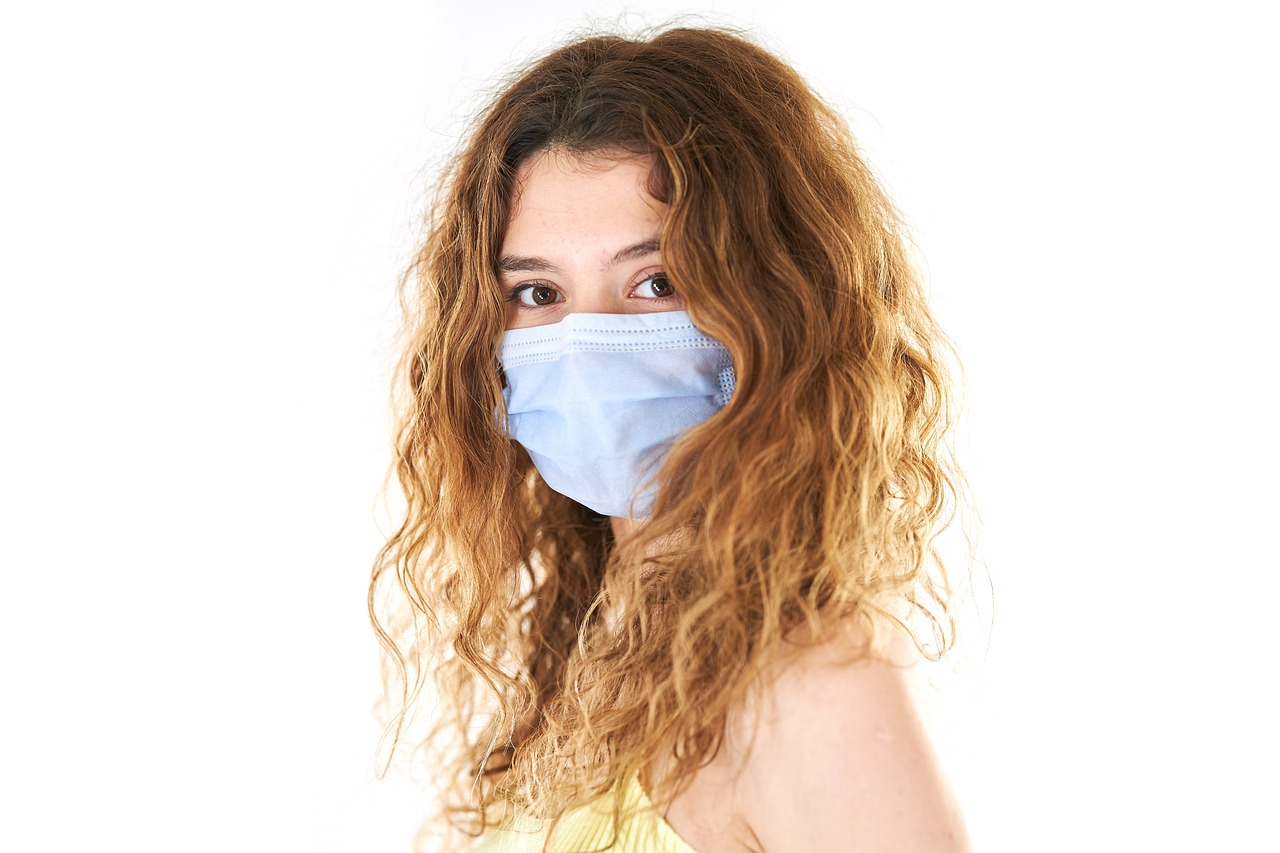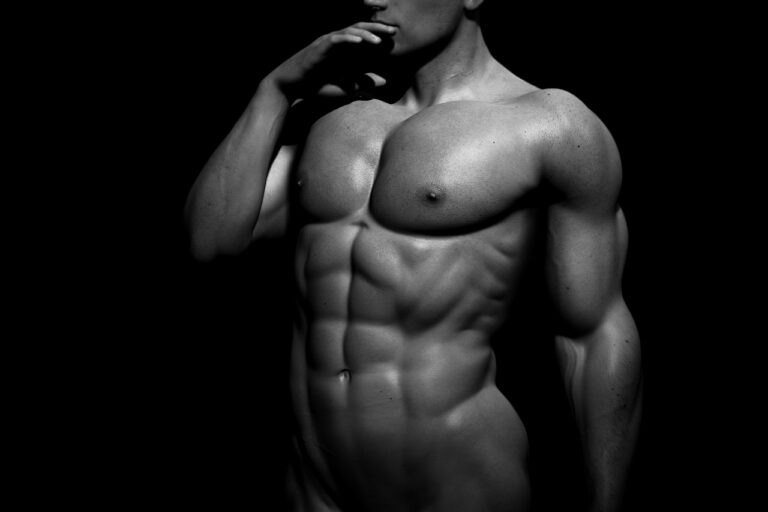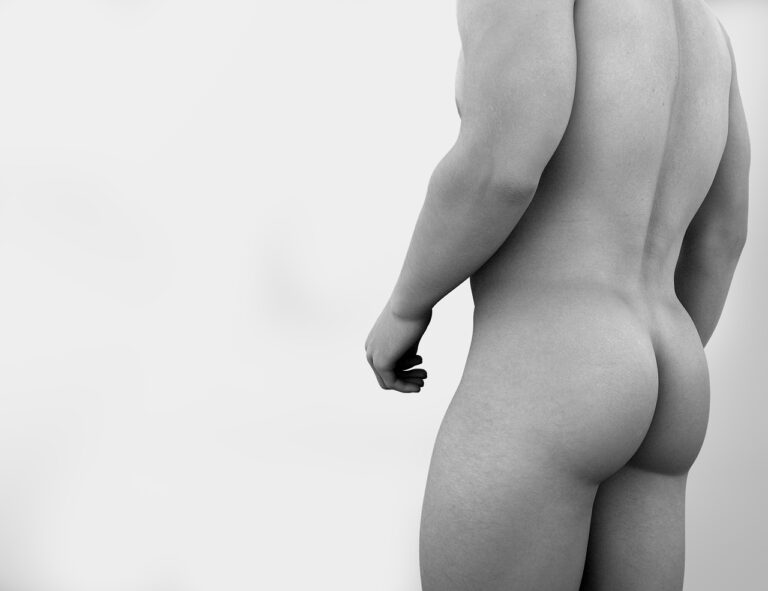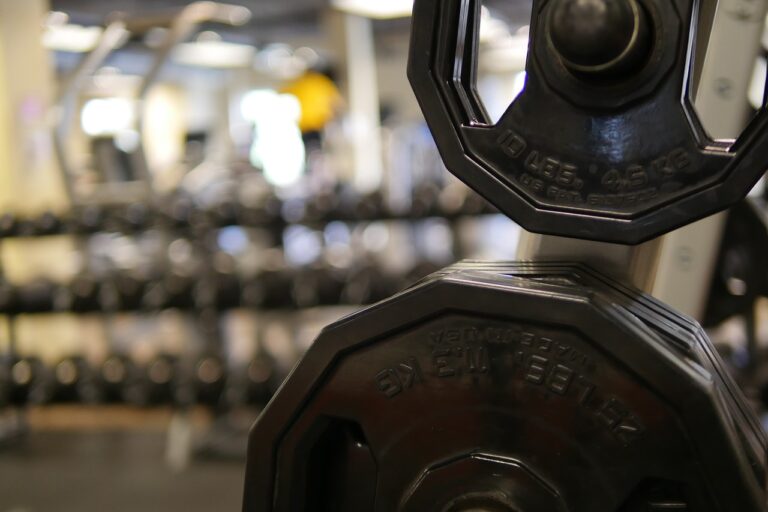Examining the Impact of Social Media on Body Image and Mental Health
Social media has become a significant platform where a plethora of images and messages related to beauty standards are constantly being shared and consumed. The portrayal of idealized body types, flawless skin, and perfect appearances on social media can have a notable impact on how individuals perceive their own bodies. Comparing oneself to the filtered and carefully curated images on social media can lead to feelings of inadequacy and low self-esteem.
Moreover, the prevalence of editing tools and filters on social media platforms can create unrealistic beauty standards that are unattainable for the majority of people. Constant exposure to these ideals can contribute to body dissatisfaction and foster a negative body image among users. As individuals strive to emulate the digitally enhanced images they see online, they may experience heightened levels of self-consciousness and dissatisfaction with their own physical appearance.
The Connection Between Social Media and Self-Esteem
Social media platforms have become integral parts of our daily lives, influencing how we perceive ourselves and others. The constant exposure to carefully curated images and lifestyles on social media can lead to feelings of inadequacy and lowered self-esteem among users, especially the younger generation. Comparing oneself to the seemingly flawless images and lives portrayed on social media can create unrealistic expectations and contribute to a negative self-image.
Moreover, the quest for validation through likes, comments, and followers on social media can significantly impact an individual’s self-esteem. The validation received online becomes intertwined with one’s self-worth, leading to a dependency on external approval for feelings of worthiness. This constant validation-seeking behavior can result in a fragile sense of self-esteem, as it is inherently tied to the unpredictable and often superficial nature of social media interactions.
• The constant exposure to carefully curated images and lifestyles on social media can lead to feelings of inadequacy and lowered self-esteem among users.
• Comparing oneself to the seemingly flawless images and lives portrayed on social media can create unrealistic expectations and contribute to a negative self-image.
• The quest for validation through likes, comments, and followers on social media can significantly impact an individual’s self-esteem.
• The validation received online becomes intertwined with one’s self-worth, leading to a dependency on external approval for feelings of worthiness.
• This constant validation-seeking behavior can result in a fragile sense of self-esteem tied to the unpredictable nature of social media interactions.
Understanding the Role of Social Media in Shaping Beauty Standards
Social media plays a significant role in shaping beauty standards in today’s society. With the constant stream of edited and filtered images flooding platforms like Instagram and TikTok, individuals are exposed to unrealistic and often unattainable beauty ideals on a daily basis. This exposure can lead to feelings of inadequacy and pressure to conform to a certain standard of beauty, which can have detrimental effects on one’s self-esteem and mental well-being.
Moreover, the prevalence of influencers and celebrities promoting certain beauty products and procedures on social media further perpetuates these unrealistic standards. The constant bombardment of advertisements and sponsored content showcasing flawless skin, slim bodies, and perfect features can create a distorted perception of beauty, leaving many feeling dissatisfied with their own appearance. As a result, individuals may resort to extreme measures to try to achieve these ideals, such as excessive dieting, cosmetic procedures, or excessive use of filters and editing tools to alter their appearance online.
How does social media influence body image?
Social media can influence body image by promoting unrealistic standards of beauty through edited photos, filters, and curated feeds that often feature individuals with specific body types.
What is the connection between social media and self-esteem?
Social media can impact self-esteem by fostering comparison with others, leading to feelings of inadequacy or dissatisfaction with one’s appearance. It can also contribute to a constant need for validation and approval from others.
How does social media shape beauty standards?
Social media shapes beauty standards by perpetuating narrow definitions of beauty that prioritize certain physical attributes over others. This can lead to individuals feeling pressured to conform to these standards in order to feel accepted or attractive.







